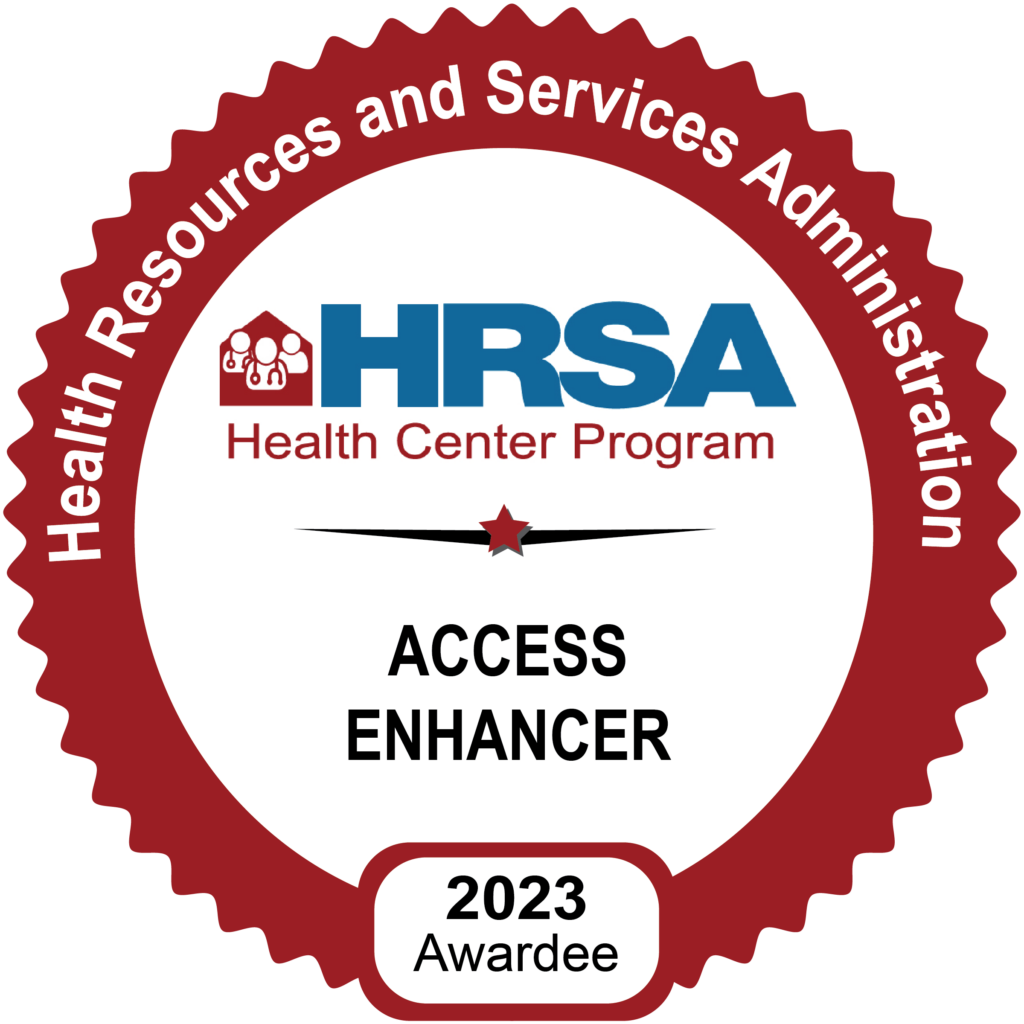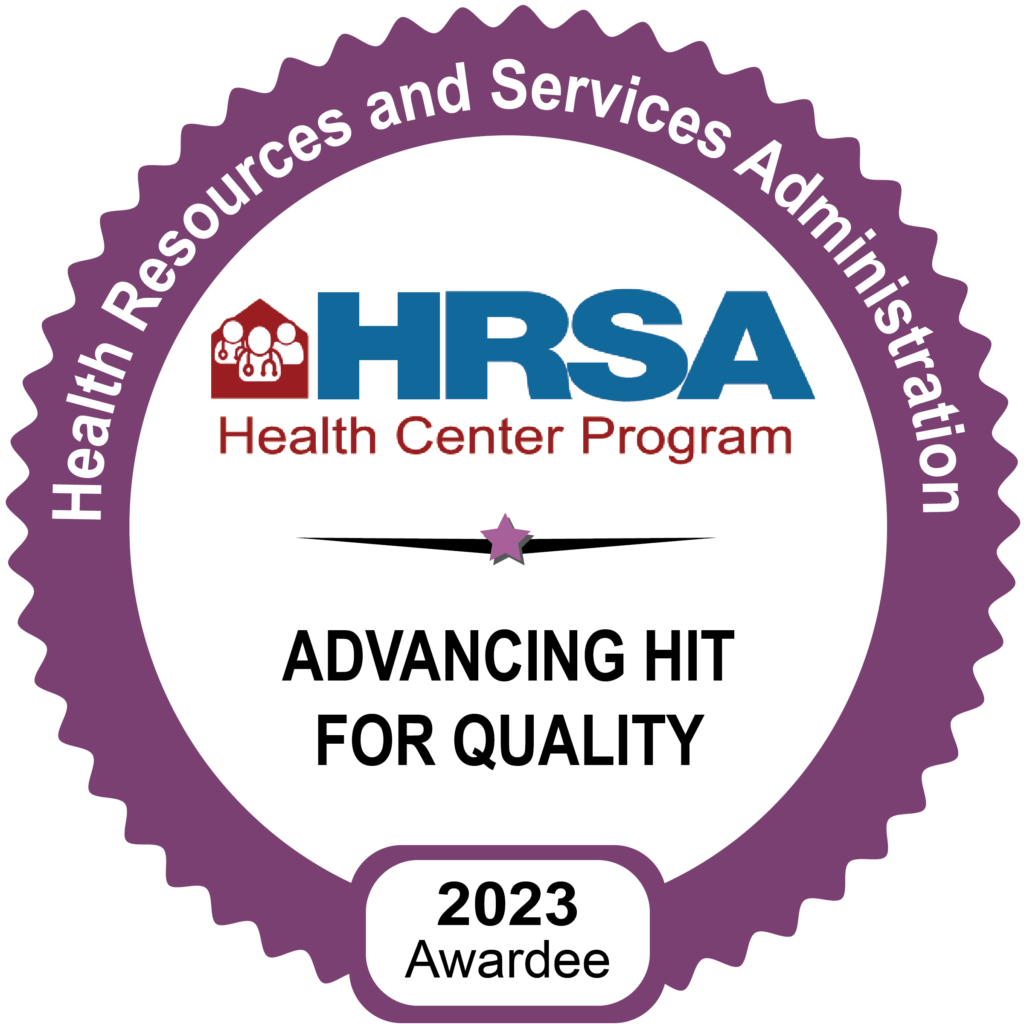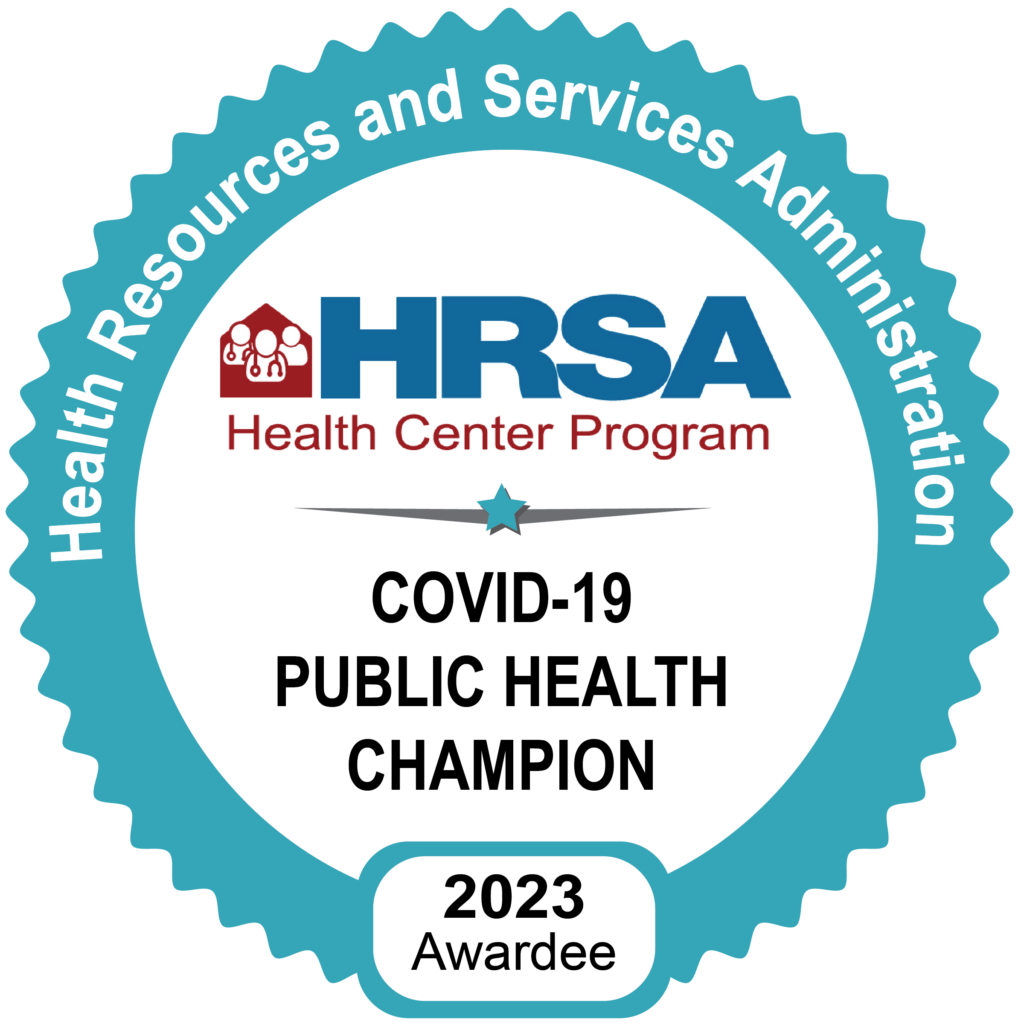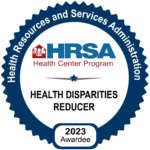“A baby’s health is a city’s wealth,” said former Worcester Department of Public Health Commissioner Dr. Leonard Morse.
For the last two decades, the volunteer task force now known as the Worcester Healthy Baby Collaborative has tried to bring together a diverse group representing more than 30 health care providers and institutions, community service agencies, and public health officials to tackle Worcester’s stubbornly high infant mortality rate. As we acknowledge Infant Mortality Awareness month on this last day of September, we can celebrate the potential for some new programs and trends that indicate some improvement although glaring disparities and much work remain.
The definition of the infant mortality rate, or IMR, is the number of deaths in the first year of life per 1,000 live births in a given year. From 2000-2010, Worcester averaged an infant mortality rate between 7 and 9, higher than the average rate in Massachusetts, which was under 5, and the U.S. at 6.5 during this time. Since 2010, while the city’s overall average rate dropped to just about 6, which is roughly the national average now as well, it remains above the state average of 4 deaths per 1,000 live births and continues to have significant ethnic disparities.
The average Hispanic IMR in Worcester, which was similar to the state’s rate of about 7 per 1,000 live births before 2004, rose steeply until 2008-10 to a high of 21, and has only just begun to decrease to about 9 in the 2011-13 period. The Black IMR in Worcester has decreased steadily since 2006 but remains at about 11 in the 2011-13 time frame. While the rates in the Hispanic community have been driven by traditional factors, we have not yet determined a specific driver for the recent spike and then downward trend in infant mortality. It’s important to note, however, that the numbers here can be so small that even a slight variance can appear to create a large swing. It is for this reason that we use a three-year rolling average, although even that may be driven by small numbers.
We have learned in our decades of working to address these issues that infant mortality is much more than a medical issue and reflects a community’s overall health and well-being, with poverty, lack of education, housing transience, and unemployment all related to the risk of a baby being born too early and then not surviving in spite of excellent access to Worcester’s top-notch medical care.
In 2014, the WHBC sponsored an infant mortality summit to bring together groups from Boston, Worcester, and Springfield to share best practices for addressing infant mortality. All three communities have experienced infant mortality issues among racial and ethnic minority groups. We shared there our prenatal social media education program called Nhyira Ba (“Blessed Baby” in Twi, a common Ghanaian language) and learned about Boston’s efforts with housing and Springfield’s work to address safe infant sleeping practices. One of our successes has been to collaborate with Worcester’s many academic institutions for student service learning projects about infant mortality — for instance, a WPI professor and his videography students helped us create videos about healthy nutrition for pregnant women in English and Twi.
We now have a representative of the City Council’s Women’s Health Committee working with us and have reached out to the Latino Educational Institute at Worcester State University to begin to educate and collaborate with local Hispanic leaders to address infant mortality among Hispanic residents. A new grant from the Centers for Disease Control with the Worcester DPH is funding a two-year position for infant mortality work . The March of Dimes, which has helped sponsor the WHBC in the last decade, is also supporting a project to better integrate academic and health-related resources in outreach to the Hispanic community.
Every baby deserves the best chance to get to his or her first birthday. We hope these efforts will help more of Worcester’s babies to celebrate that special day.
Sara G. Shields, M.D., M.S., FAAFP, and Edward Doherty are co-chairs of the Worcester Healthy Baby Collaborative. Dr. Shields is a clinical professor of family medicine and community health at the University of Massachusetts Medical School, and a physician at the Family Health Center of Worcester. Mr. Doherty is director of the March of Dimes chapters of Massachusetts, New Hampshire and Vermont.
Dr. Sara G. Shields and Edward Doherty
Worcester Telegram & Gazette




